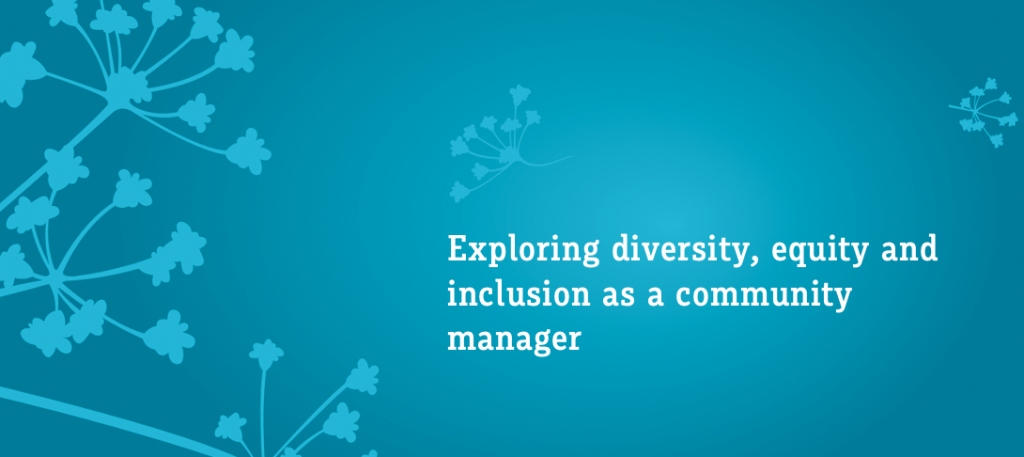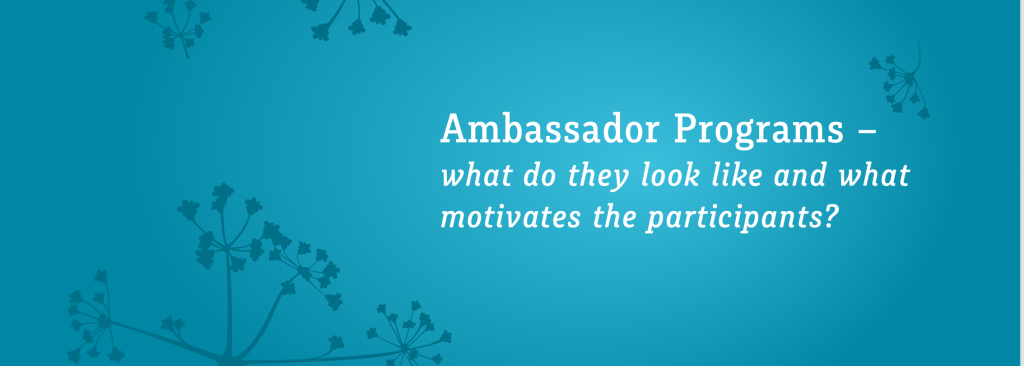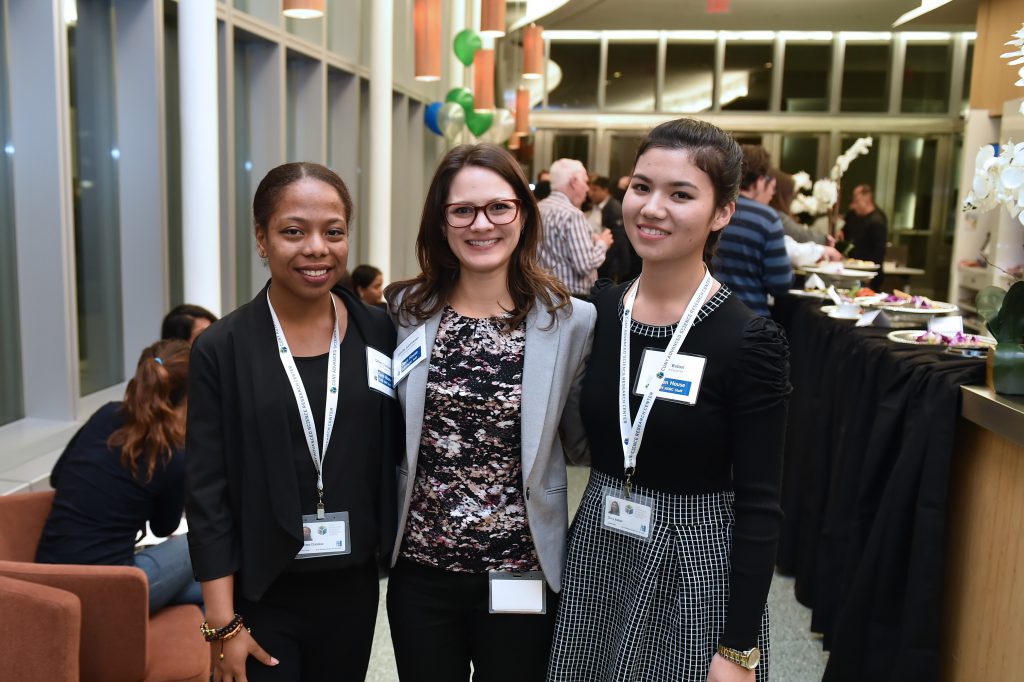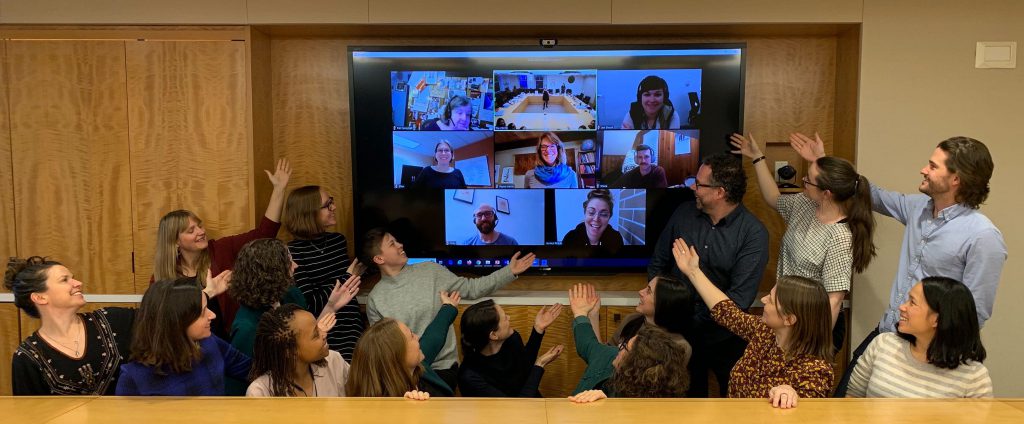In this guest blog post, Arielle Bennett-Lovell (a 2019 CSCCE Community Engagement Fellow) reflects on the third Turing Way Book Dash event, which took place 20-21 February 2020 in London, UK.
What is the Turing Way?
Science today is moving at an incredible pace, but preventing people from building on your work by making it impossible to replicate has almost certainly cost us years of progress. The Turing Way book project addresses this reproducibility crisis by collating community resources around how to design and carry out robust analyses that can be reused by other researchers in the future.
Conceived by Kirstie Whitaker at The Alan Turing Institute, and managed by Malvika Sharan, the book itself is currently hosted online and built using Jupyter Books and GitHub. Over 80 contributors across the globe built the book, through remote collaboration, workshops, and in-person events. These Book Dashes bring participants together in person to work on pieces of the book simultaneously for a full day. The third Book Dash for the Turing Way was held on 20-21 February 2020 in London, UK, and I was lucky enough to go.
Continue reading “Book Dashes: Collaborative Community Events”


